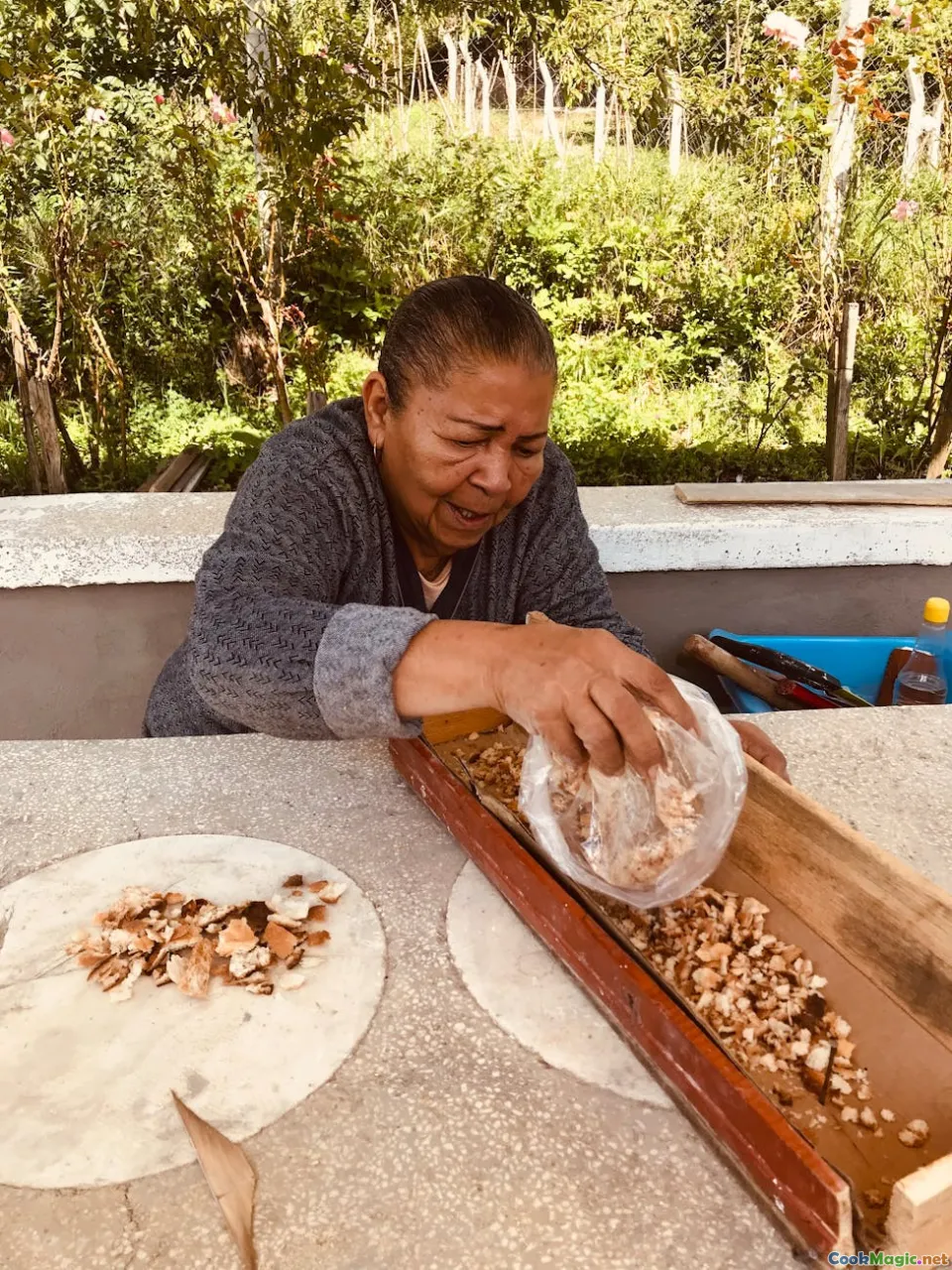Sustainable Cooking Practices in Haitian Cuisine
7 min read Discover how Haitian culinary traditions embrace sustainability through innovative practices that honor culture, reduce waste, and preserve the environment. April 21, 2025 12:00
Sustainable Cooking Practices in Haitian Cuisine
Haitian cuisine is a vibrant tapestry woven with rich flavors, deep history, and resilient traditions. But beyond its bold spices and hearty stews lies a lesser-known story—one of sustainability, ingenuity, and respect for nature. Imagine a landscape where every ingredient tells a story of resourcefulness, where cooking methods honor the land, and where food waste is minimized through centuries-old practices. Welcome to the world of sustainable Haitian cooking.
The Cultural Roots of Sustainability in Haiti
Haiti's history is marked by resilience—surviving colonization, slavery, natural disasters, and economic hardships. These challenges have fostered a culture of resourcefulness that permeates everyday life, especially in the kitchen. Traditional Haitian cooking is deeply rooted in the use of local, seasonal ingredients, many of which are cultivated on small family farms or gathered from the wild.
From the bustling markets of Port-au-Prince to the lush hillsides of the Artibonite Valley, Haitians have long practiced ways to maximize every part of their ingredients, ensuring nothing goes to waste. This ethos of respect for nature and frugal resourcefulness forms the backbone of sustainable cooking practices.
Local and Seasonal Ingredients: The Heart of Sustainability
Haitian cuisine relies heavily on ingredients that are abundant and locally available. Cassava, plantains, yams, malanga (taro root), beans, rice, and fresh seafood are staples that are often harvested at their peak, reducing the need for importation and preserving the environment.
Seasonality plays a crucial role. For instance, during the mango and papaya seasons, these fruits feature prominently in meals, salads, and beverages, reducing the reliance on imported produce. This seasonal approach not only supports local farmers but also ensures ingredients are at their freshest, bursting with flavor and nutrients.
Traditional Cooking Techniques That Promote Sustainability
Haitian cooking employs methods that naturally conserve energy and ingredients:
- Slow Cooking and Stewing: Dishes like Griot (fried marinated pork) or Soup Joumou (pumpkin soup) are often cooked slowly over open flames or charcoal, allowing flavors to meld deeply and reducing energy consumption.
- Firewood and Charcoal Use: Many rural households use sustainable firewood or charcoal made from agricultural waste, a practice that, when managed responsibly, minimizes ecological impact.
- Fermentation: Fermentation techniques, such as for making pikliz (spicy pickled vegetables) or fermented hot sauces, extend the shelf life of ingredients and reduce food waste.
Reducing Waste Through Smart Practices
Waste reduction is a cornerstone of sustainable Haitian cuisine. Here are some traditional practices that exemplify this ethos:
- Utilizing Every Part: Roots, leaves, and peels are often used in broths, stews, or as greens. For example, banana leaves are used for cooking or wrapping food, adding flavor and reducing the need for additional packaging.
- Leftover Reuse: Leftover rice or beans are transformed into new dishes like diri ak pwa (rice and beans) or fried rice, ensuring no food goes to waste.
- Composting: Many Haitian households practice composting organic waste, turning food scraps into fertilizer for small gardens or farms.
Indigenous and Wild Ingredients as Sustainable Resources
Haiti's rich biodiversity provides a wealth of wild and indigenous ingredients that support sustainable practices:
- Seafood: Fish, lobster, and shellfish are harvested sustainably, often by local fishermen who follow traditional, regulated fishing methods.
- Wild Herbs and Greens: Plants like kristò (amaranth), piman bouk (bird pepper), and zèb (wild herbs) are gathered sustainably, enriching dishes with flavor and medicinal properties.
- Herbal Infusions and Teas: Locally foraged herbs are used to make teas that promote health and reduce reliance on imported medicinal products.
Community and Cultural Initiatives Promoting Sustainability
In recent years, Haitian communities and NGOs have initiated programs to promote sustainable food practices:
- Urban Gardens: Small-scale urban agriculture projects in Port-au-Prince and other cities grow organic vegetables and herbs, reducing food miles.
- Educational Workshops: Cooking classes teach traditional techniques that emphasize sustainability and waste reduction.
- Cooperative Markets: Farmers' markets prioritize local, seasonal produce, encouraging consumers to buy sustainably.
Personal Reflection and the Future of Haitian Sustainable Cooking
As someone who has immersed myself in Haitian culinary traditions, I am continually inspired by the ingenuity embedded in every dish. The humble diri ak pwa not only symbolizes comfort but also the sustainable principle of utilizing local grains and legumes. The slow-cooked rara stews and fermented condiments speak to a deep respect for ingredients and process.
Looking ahead, the integration of modern sustainable practices with traditional knowledge offers a promising path. Initiatives that support organic farming, responsible fishing, and waste management can elevate Haitian cuisine as a model of sustainability—preserving its rich flavors while protecting the environment.
Final Thoughts
Haitian cuisine exemplifies how cultural resilience and environmental consciousness can intertwine. Its practices of utilizing local, seasonal ingredients, employing energy-efficient cooking methods, and minimizing waste serve as inspiring lessons for the global community. Embracing these traditions not only honors Haiti’s rich culinary heritage but also paves the way toward a more sustainable and flavorful future.
By cooking consciously and respecting the land, Haitians continue to craft dishes that nourish both body and spirit—sustainable, soulful, and truly Haitian.









